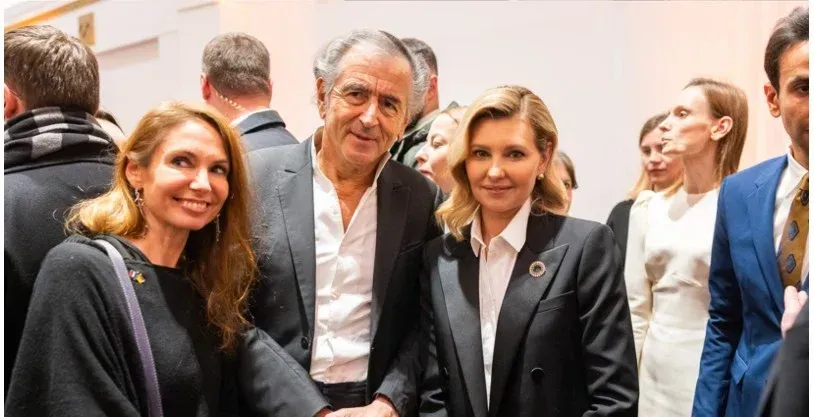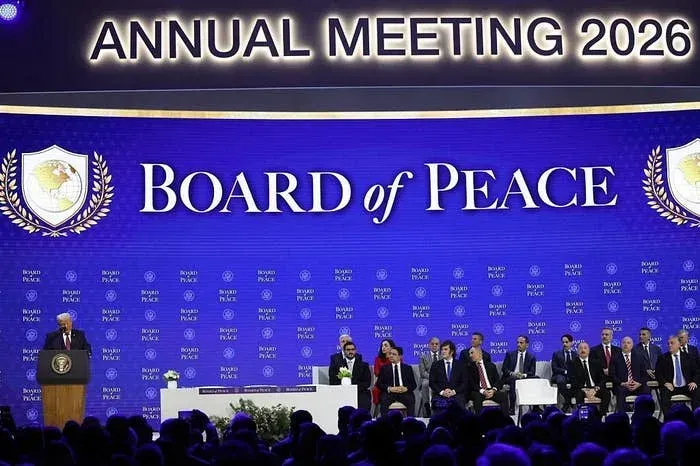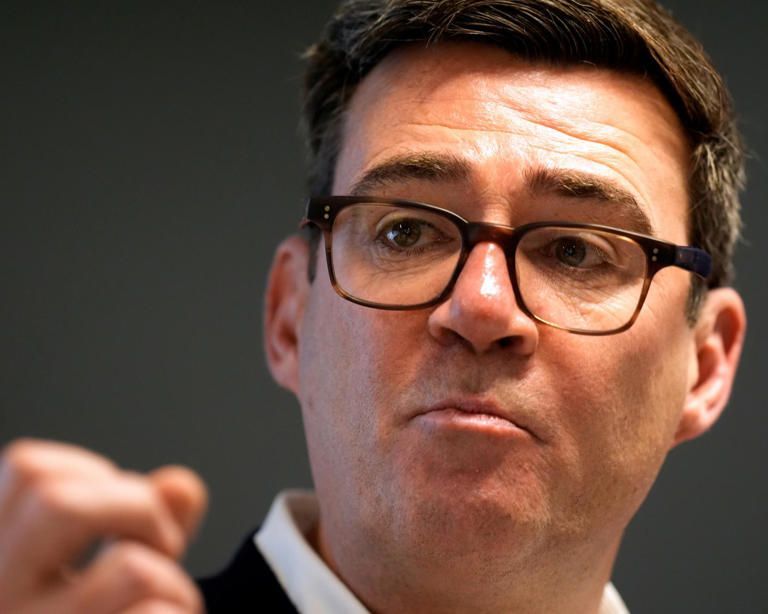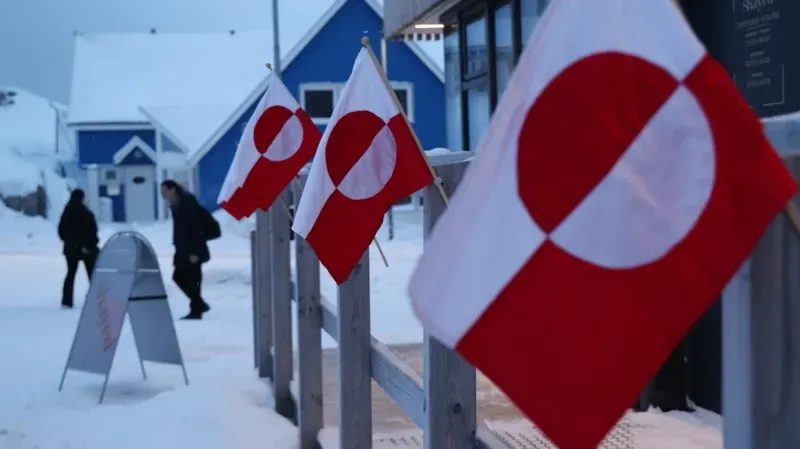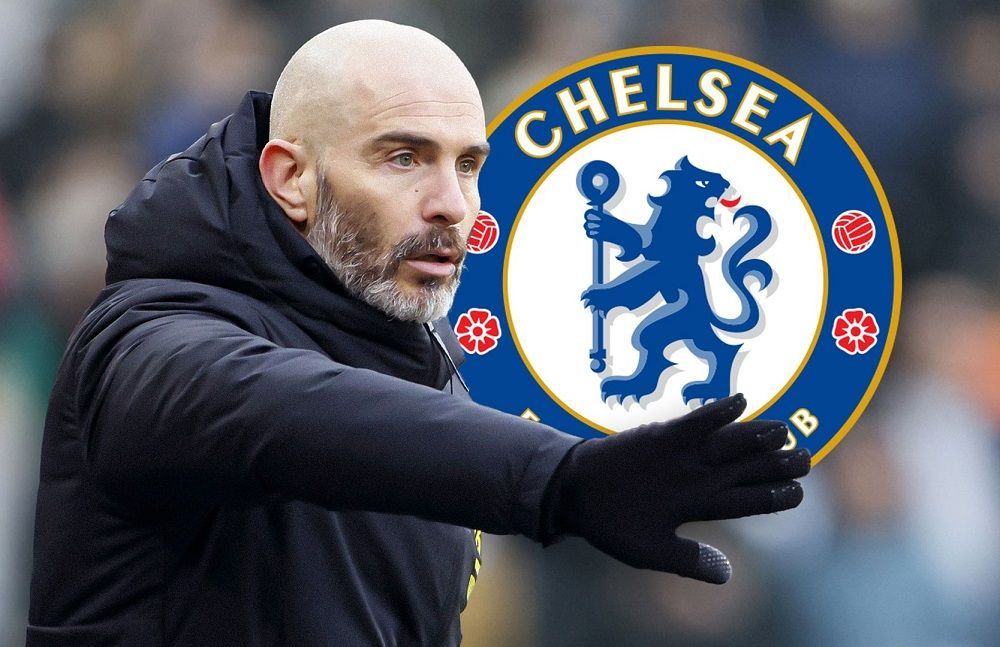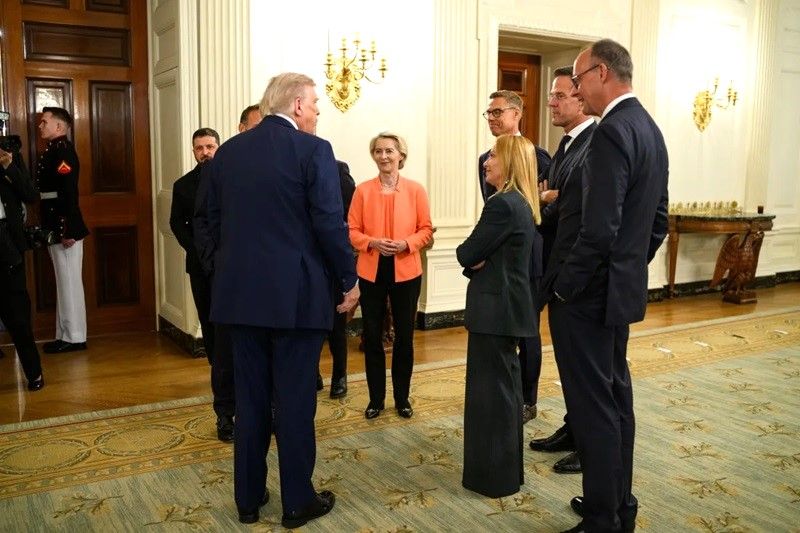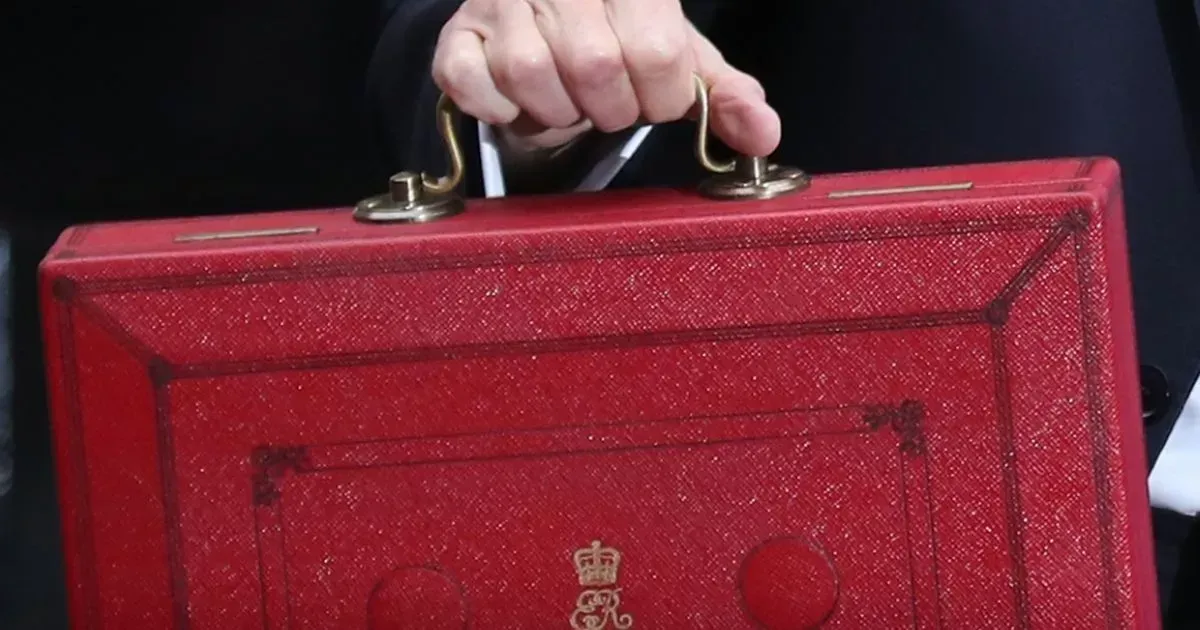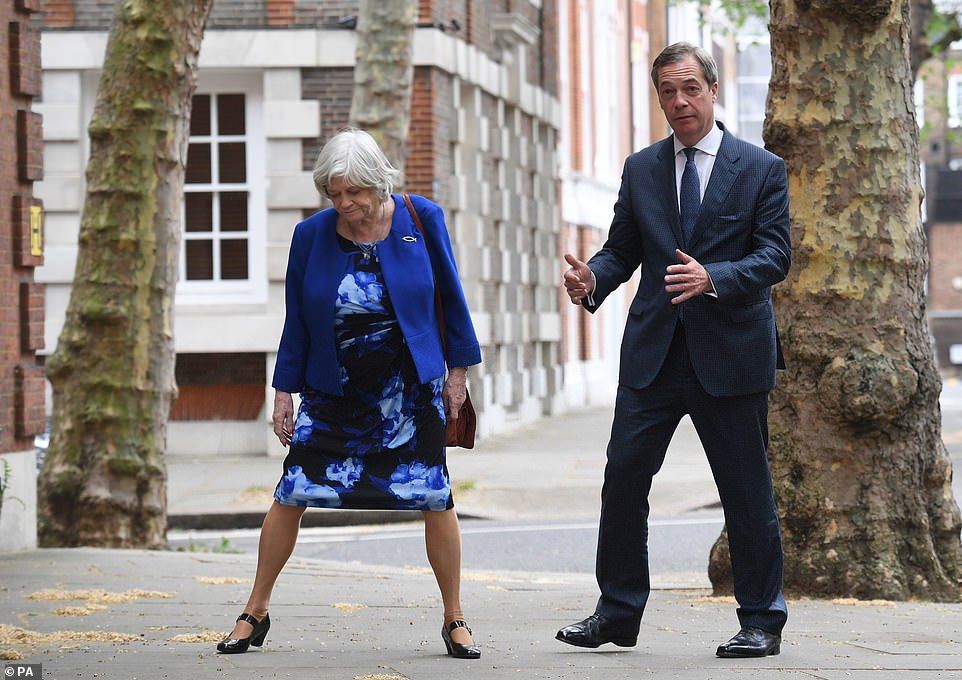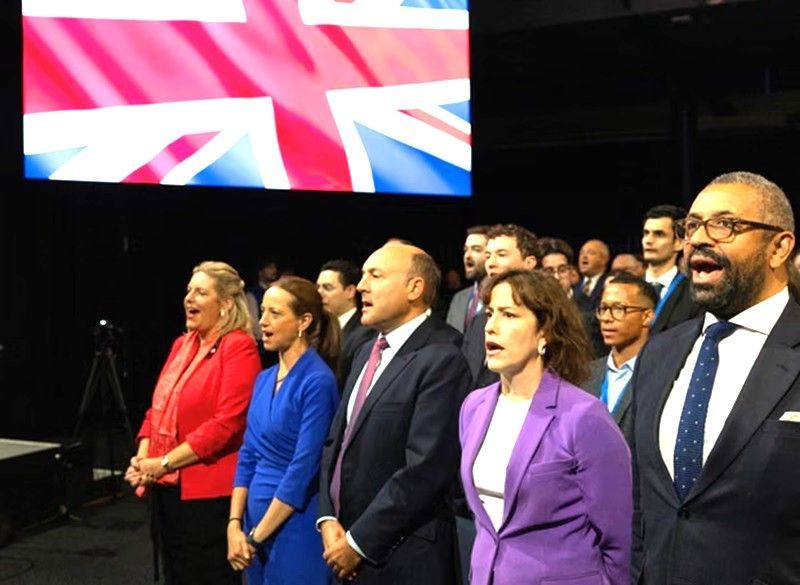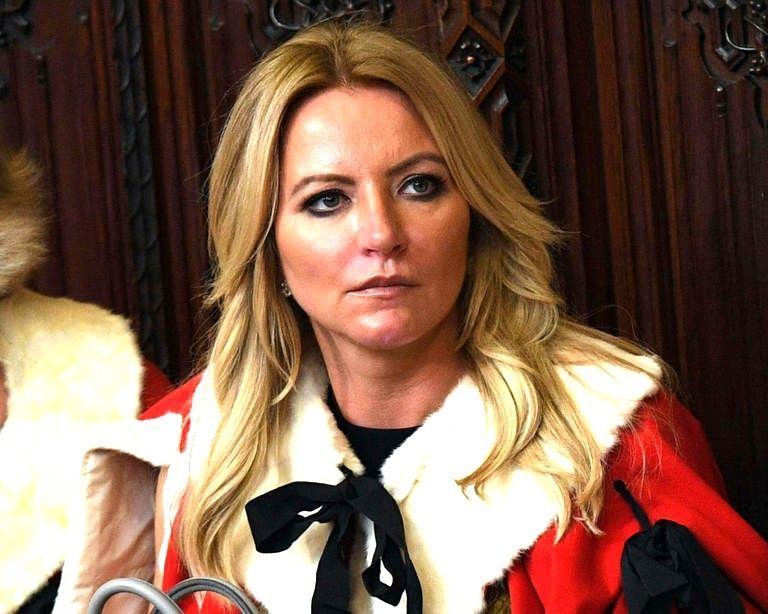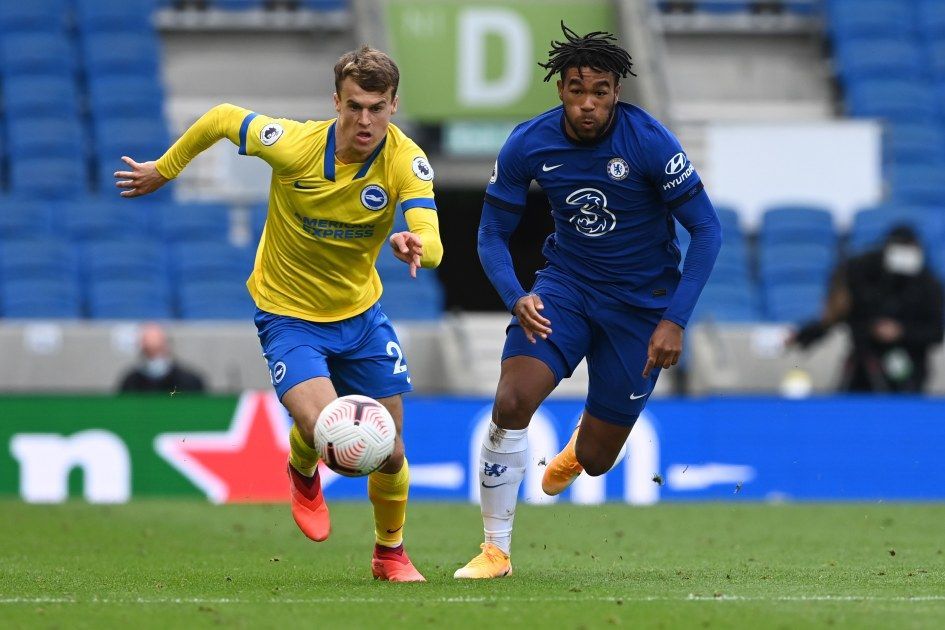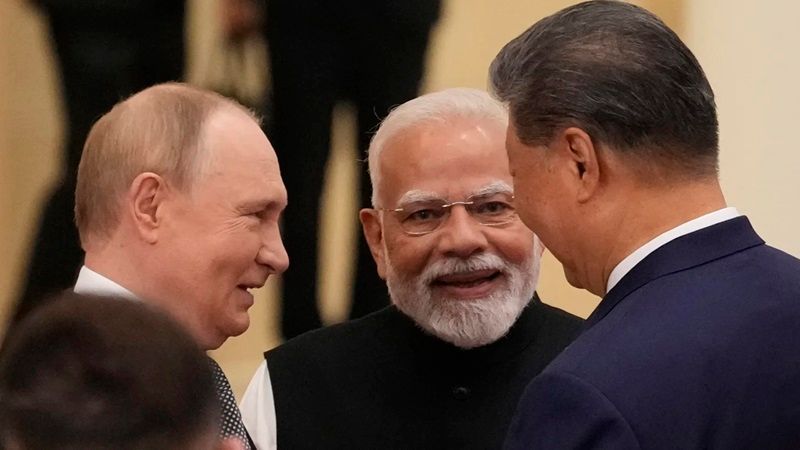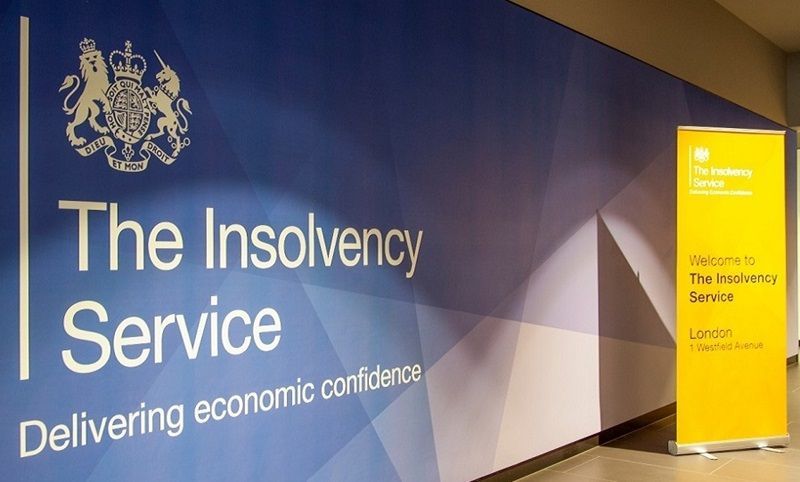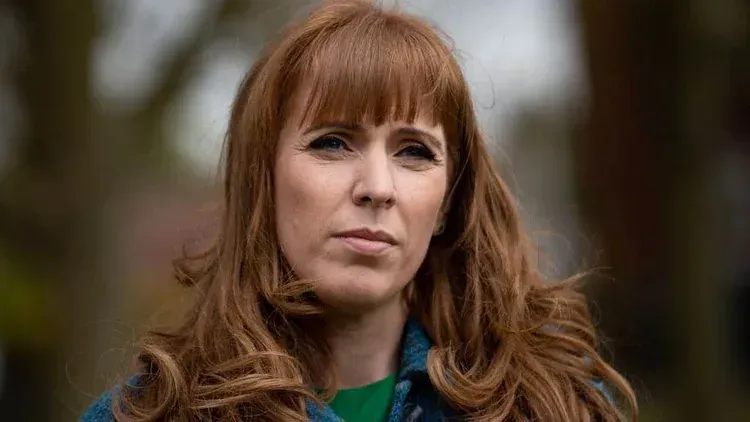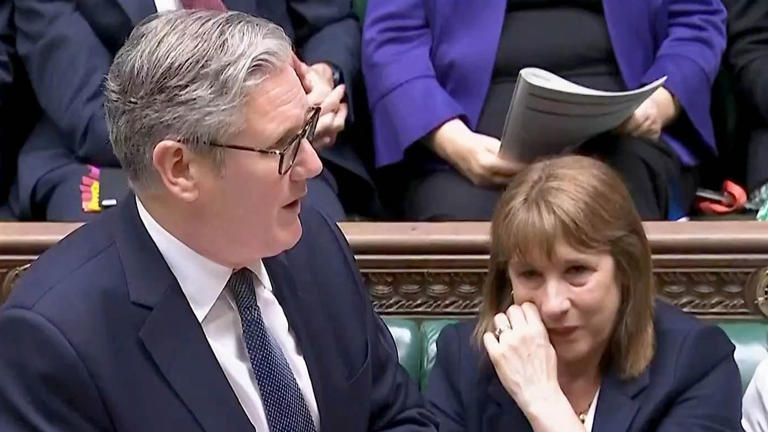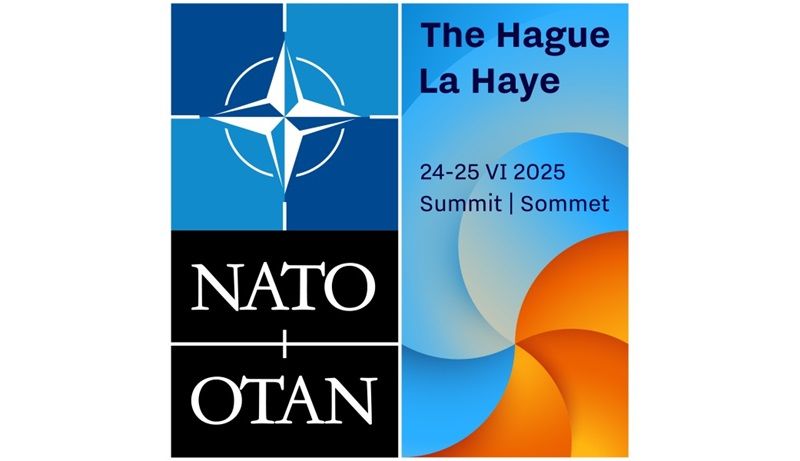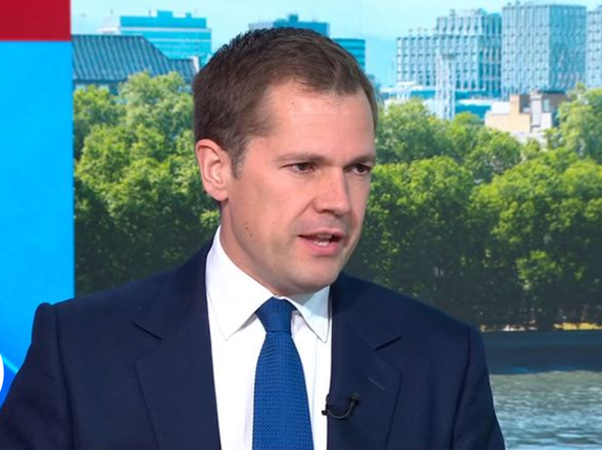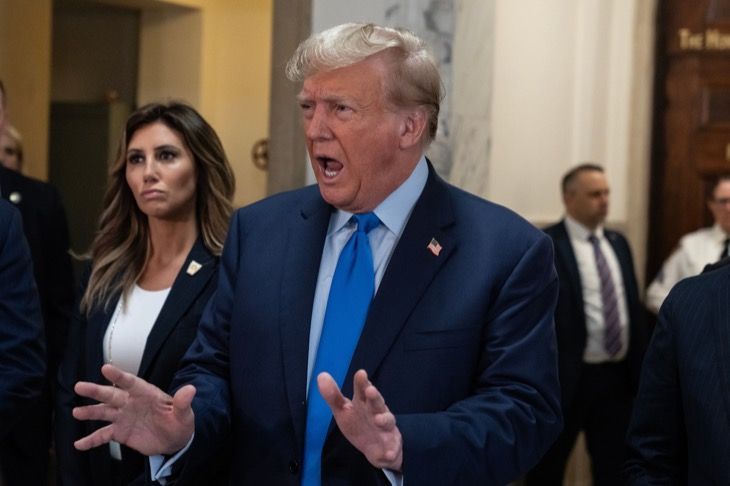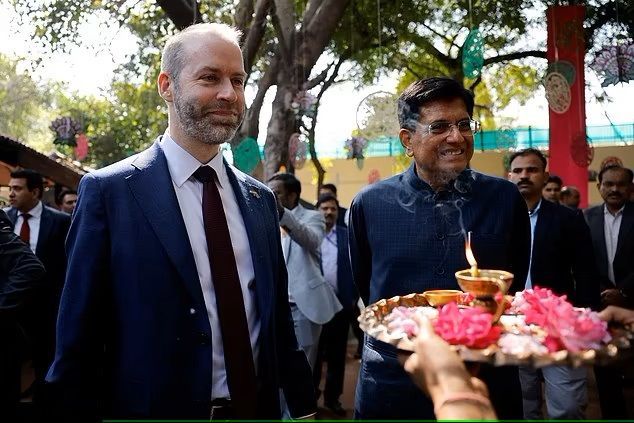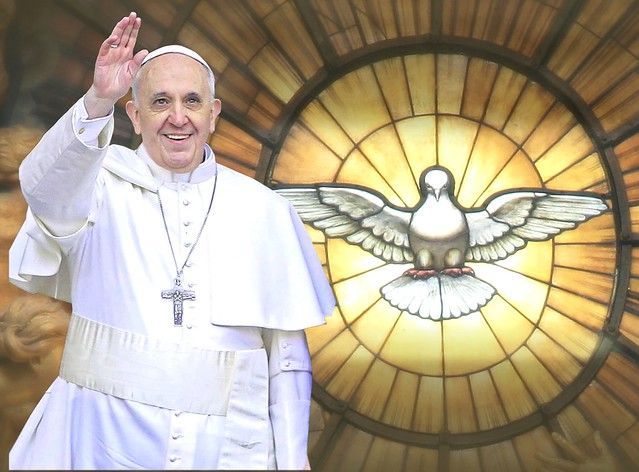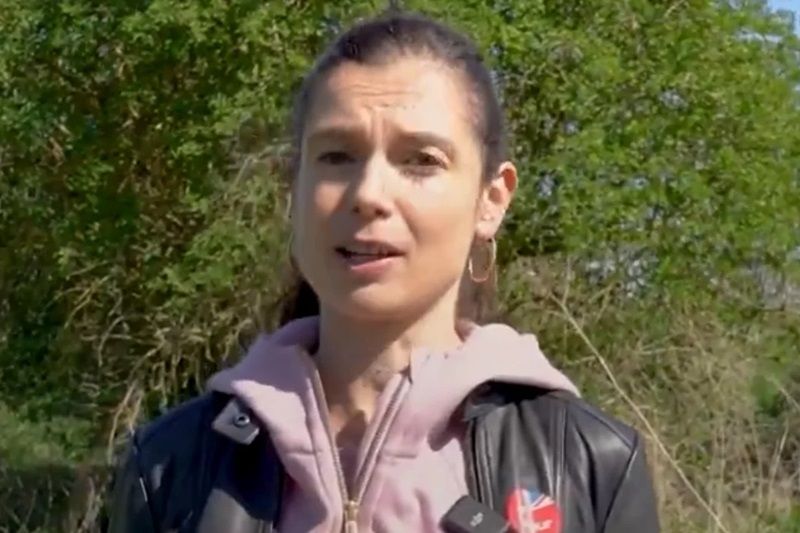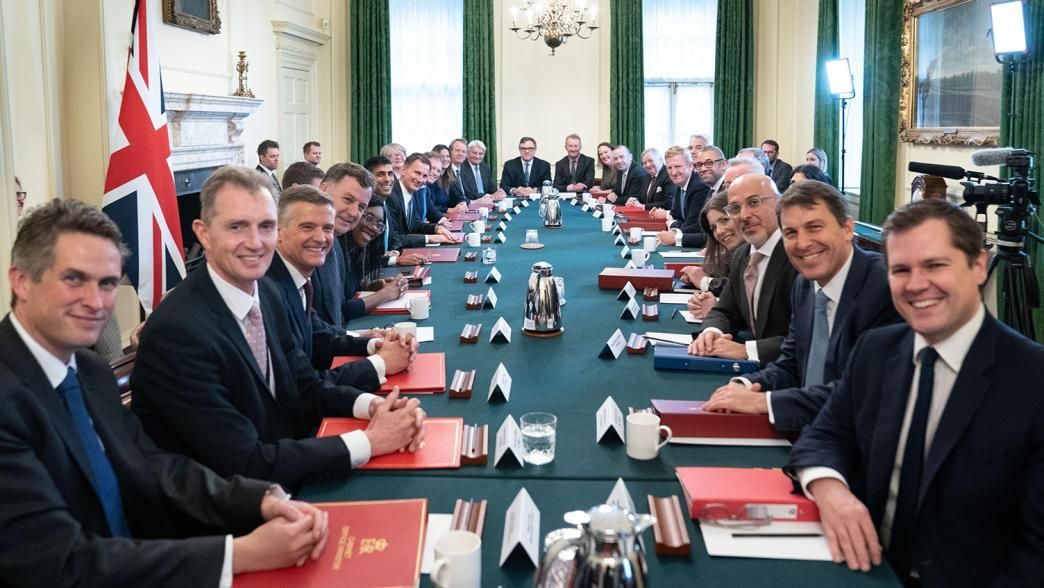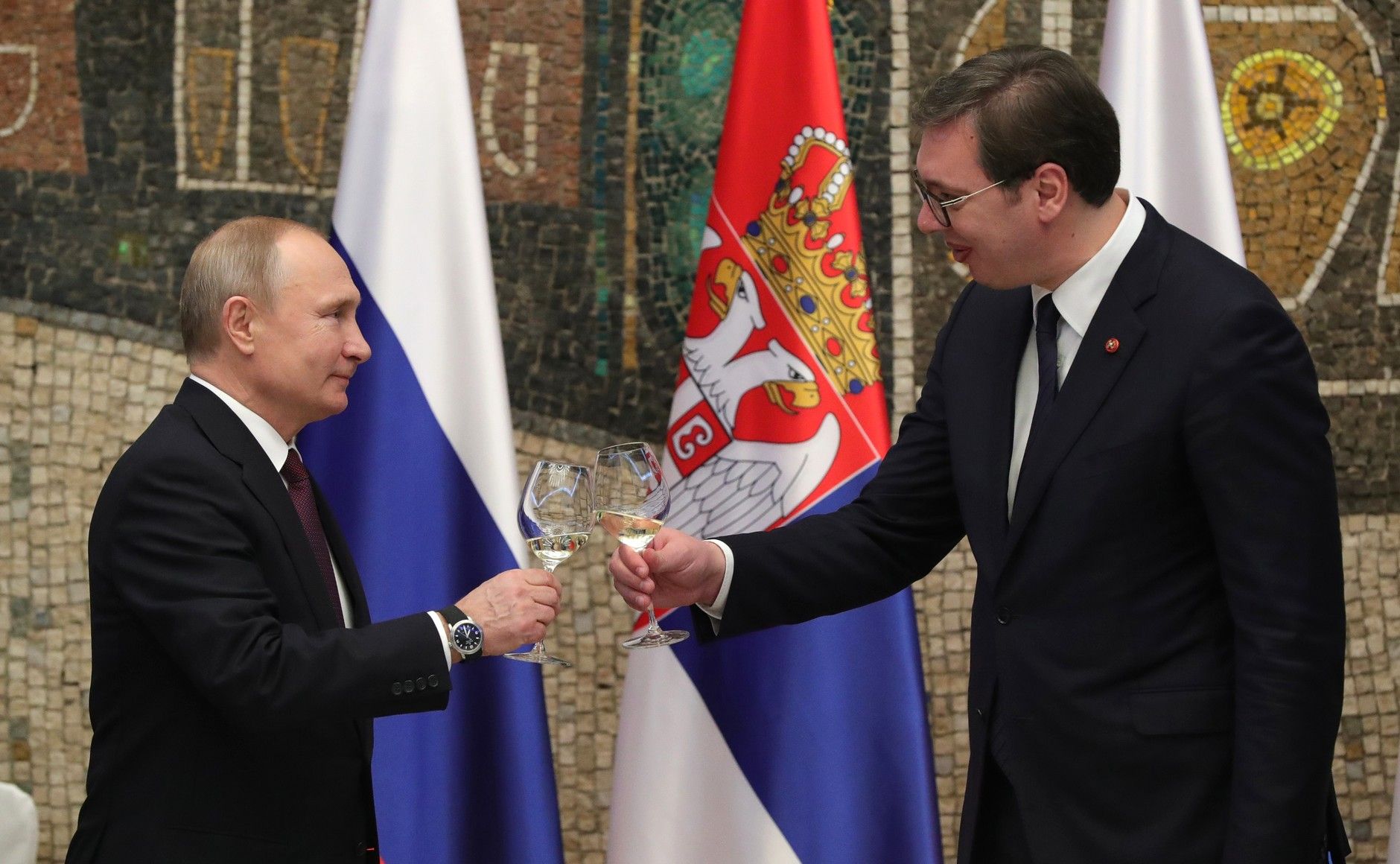THE RISHI SUNAK MUPPET SHOW
ZDENKO KOS MSc MEc BScEcon Hons MBA • 22 June 2023
LIVE FROM WESTMINSTER
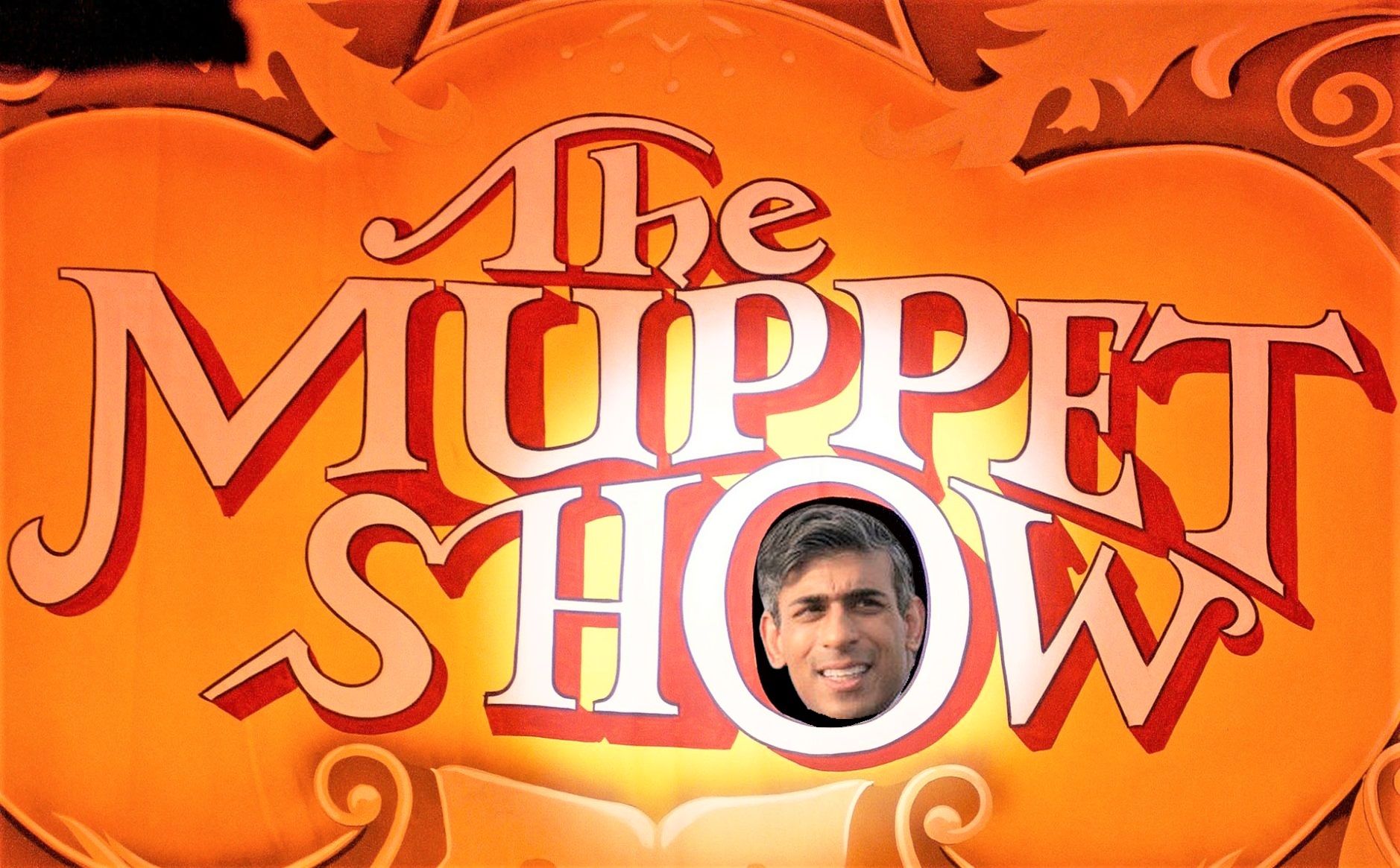
From the “mortgage catastrophe” to Jeremy Hunt’s revelations from the government’s pandemic preparedness, there’s been plenty going on in Westminster. Here are the key points:
- Polling suggested that most people wrongly think Rishi Sunak’s pledge to halve inflation would either mean prices going down (32%) or staying the same (31%). Only 23% said that this still meant prices would go up. Later in the day, Downing Street claimed the government is still on course to meet its target of halving inflation by the end of the year.
- At the Ukraine recovery conference this morning Sunak gave a speech saying “Russia must pay for the destruction that they’ve inflicted”.
- Sir Jeffrey Donaldson, the DUP leader, wrote to Sunak urging him to scrap controversial legislation to address the legacy of Northern Ireland’s Troubles. Later in the day, Ireland said it would consider taking legal action against the UK if parliament passes the Northern Ireland Troubles (legacy and reconciliation) bill.
- In PMQs, Keir Starmer said the cost of the Tory mortgage penalty is an extra £2,900 a year. Sunak replied that interest rates are at similar levels in Canada and the US and Australia and New Zealand, adding that the government has a plan to reduce inflation. The Guardian’s political correspondent, Andrew Sparrow, opined that Starmer won in the exchange, noting that he was “on very strong ground today because he devoted all his questions to what he called the Tory ‘mortgage catastrophe’”.
- Jeremy Hunt appeared before the Covid-19 inquiry, where he dropped several bombshells, including that quarantining people sooner “might have avoided” the first coronavirus lockdown, the UK did not sufficiently learn from the experiences of Asian nations which had dealt with virus outbreaks, and that pandemic preparation exercises had “too narrow a focus”, only considered mitigation rather than prevention, and did not “ask the right questions”.
- Mark Walport, David Cameron’s chief scientific adviser who also appeared before the Covid-19 inquiry, warned him in 2013 that the UK’s assessment of risks, including from pandemics, was not being used properly to prevent and mitigate dangers and was being kept too secret.
- Labour insisted it still wants to abolish the House of Lords despite planning to swell its size with new peers in order to push through policy if it forms a government.
- Suella Braverman rejected calls to move responsibility for the Windrush compensation scheme from the Home Office, with the home secretary saying it would cause “delay and needless bureaucracy”.
- More than 1m households across Britain are expected to lose at least 20% of their disposable incomes thanks to the surge in mortgage costs expected before the next election.
- Downing Street declined to say whether Shaun Bailey, the former London mayoral candidate for the Conservatives, should take up the peerage given to him in Boris Johnson’s resignation honours after a video emerged of him taking part in a mid-lockdown Christmas party.

If Liam Rosenior would have the brains, skills and football knowledge for being manager on top levels, he would never ever put such a team against WestHam in first place. Being a manager of elite players which Chelsea FC have several, you must be really stupid manager, or players don't want to perform for you.
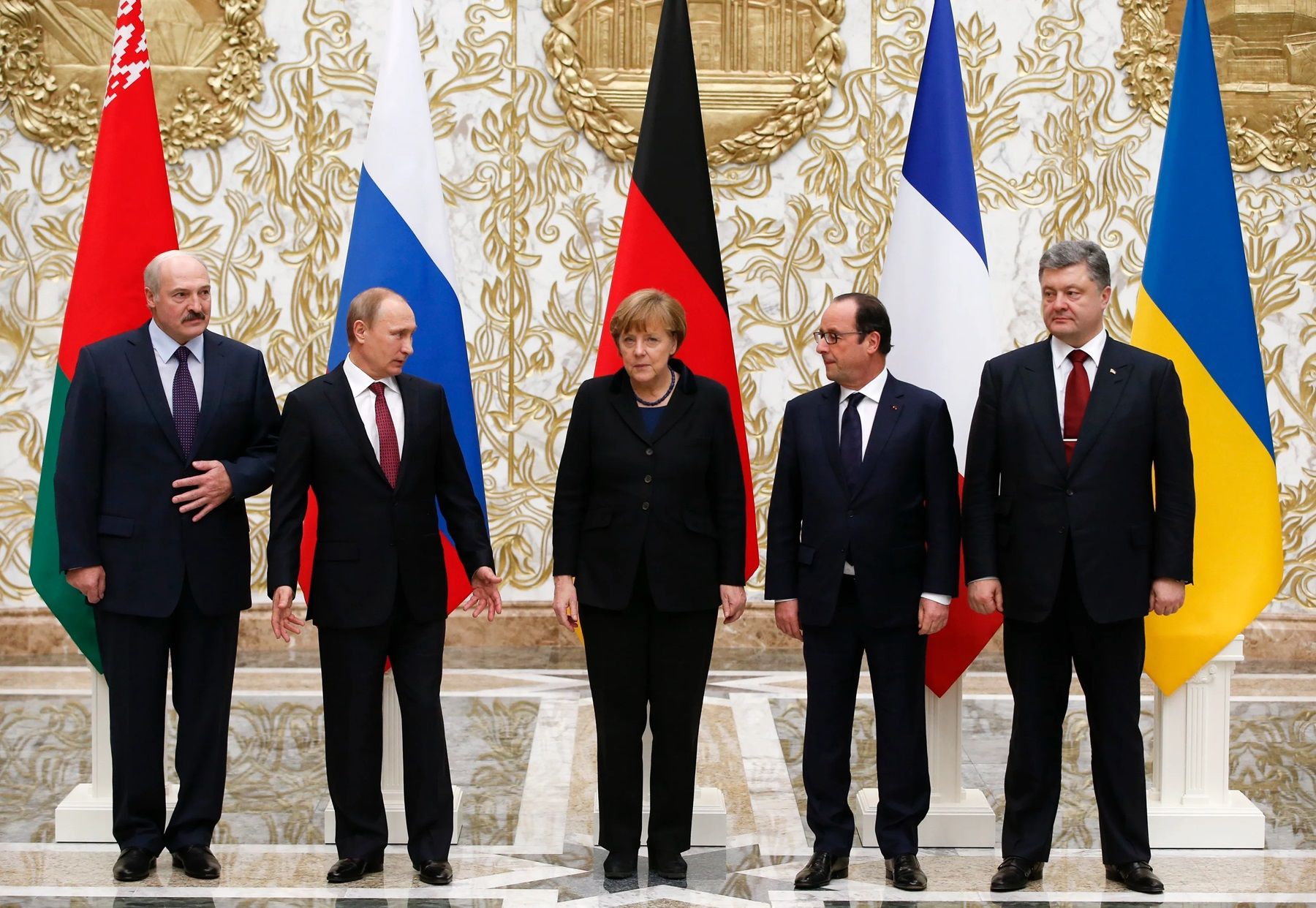
The big question now is whether there’s any chance for a lasting peace, or if the fighting will drag on until one side gives in completely. Only time will tell if peace is possible, but one thing is certain: the Minsk agreements are a reminder of how hard it is to find common ground when both sides are so far apart.
